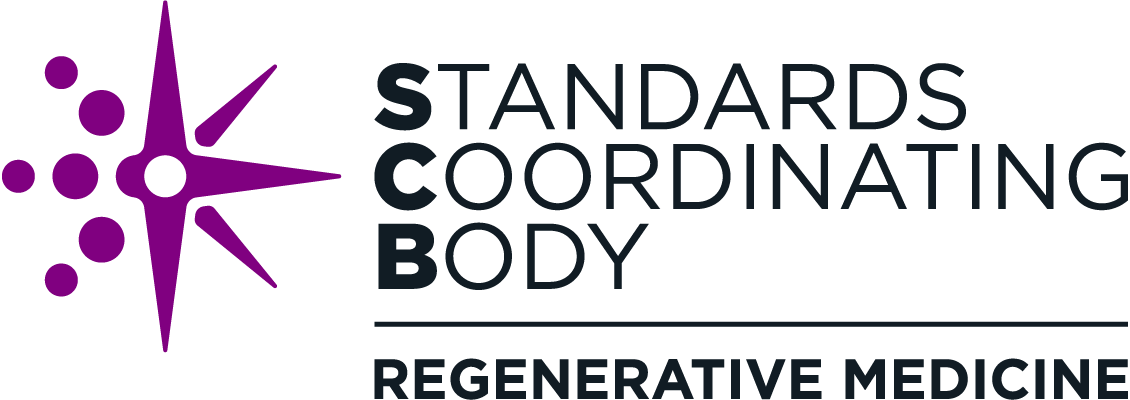Working Group Spotlight: Cell Collection Standards for Apheresis Products
The Cell Collection Standards for Apheresis Products working group is a group of approximately 20 stakeholders who meet every two weeks to advance standards to address variation in apheresis cell collection requirements and communication of those requirements from regenerative medicine product manufacturers and sponsors. The working group is made up of representatives from industry (e.g., manufacturers), regulators, academics, apheresis centers (i.e., users), and professional organizations/accreditation bodies. Membership is open to all stakeholders with relevant expertise; contact us if you are interested in participating.
The Challenge
There is a need to reduce the variation in apheresis cell collection requirements for cell and gene therapy products set by product manufacturers and sponsors. These procedures and requirements include parameters such as collection start and end times, use of stripped or unstripped tubing, methods for clamping and segmenting tubing, length of tubing, number and location of heat seals, methods of clamping and sealing of bags, etc. The current variations cause undue burden in the apheresis centers and can lead to errors in the collection process that have the potential to negatively impact patient therapies.
Similarly, there is a need to reduce the variation in the format of how these cell collection procedures and requirements are communicated. The location of this information, or even the inclusion of this information, varies widely across product manufacturers/sponsors. Apheresis centers—and ultimately the product manufacturers/sponsors, regulators, and patients—would all benefit from a standard template for leukapheresis manuals/standard operating practices (SOPs).
Why It Matters
Variations in cell collection procedures and requirements from product manufacturers/sponsors can potentially lead to errors in recordkeeping and variable cell quality.
Increased consistency of cell collection requirements will reduce the burden upon cell collection centers, which may positively impact the quality of starting material used for manufacturing cell therapy products.
Standardization of cell collection requirements and communication of those requirements will increase the ability of collection centers to participate in new and innovative therapies and reduce financial burden on collection centers by improving employee efficiency.
The Working Group’s Accomplishments
The working group’s potential standard is currently under consideration by the Parenteral Drug Association (PDA) to become an official work item. To date, the working group has:
Drafted and distributed two parallel surveys (one for industry and one for apheresis cell collection centers)
Analyzed and compared data from the surveys and identified trends:
Things that are working
Most significant bottlenecks and challenges
Communication gaps and misunderstandings (e.g., in onboarding)
Barriers to agreement/understanding (e.g., multiple trainings from different sponsors)
Places of agreement (e.g., collection parameters)
Needs and recommendations
Completed an outline of a potential standard
Initiated discussions with SDOs, including planning with PDA, the Foundation for the Accreditation of Cellular Therapy (FACT), and AABB for harmonized future standard development efforts
Get Involved
Joining an SCB standard working group typically involves taking part in a call every two weeks, during which you will participate in planning and discussion of the standard and may be invited to help with drafting and revisions as the standard progresses. The level of commitment is flexible to your needs; joining a working group call can be a great way to get a feel for how the standard advancement process works and decide whether you want to become more deeply involved.
To join the cell collection working group or another of our standard project working groups, please contact SCB.
